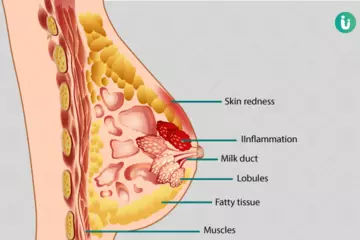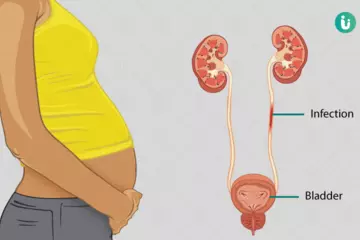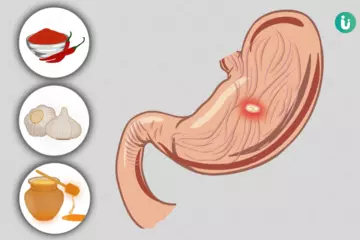Emotional ups and downs are a part and parcel of life for everyone. It is normal to feel happy one day and sad the next. As long as these mood changes don't interrupt one's daily life, it is normal to experience them now and again.
Of course, mood changes become a health concern if they disrupt someone's life such as by reducing their productivity or affecting their overall sense of well-being. This could happen if the mood swings involve rapid or drastic changes in mood.
Mood swings may be a symptom of premenstrual syndrome, pregnancy, mental health conditions such as some personality disorders, or physiological changes (changes in your body) that you may not even be aware of.
While people sometimes describe their experiences as an "emotional rollercoaster", mood swings can be overwhelming. Changes in mood may affect a person at certain times of the day only, and the people closest to the person experiencing these changes usually bear the brunt.
It is important to identify and seek medical counsel for mood swings as early as possible, so a doctor can diagnose any underlying conditions and recommend the appropriate treatment or course of action.
Medications can help in managing mood swings. In mild cases, slight alterations to one's lifestyle in terms of eating habits or thinking patterns can be useful too.
Read on to know the symptoms and causes of mood swings, and how it can be diagnosed and managed more effectively.

 Doctors for Mood swings
Doctors for Mood swings  OTC Medicines for Mood swings
OTC Medicines for Mood swings






































